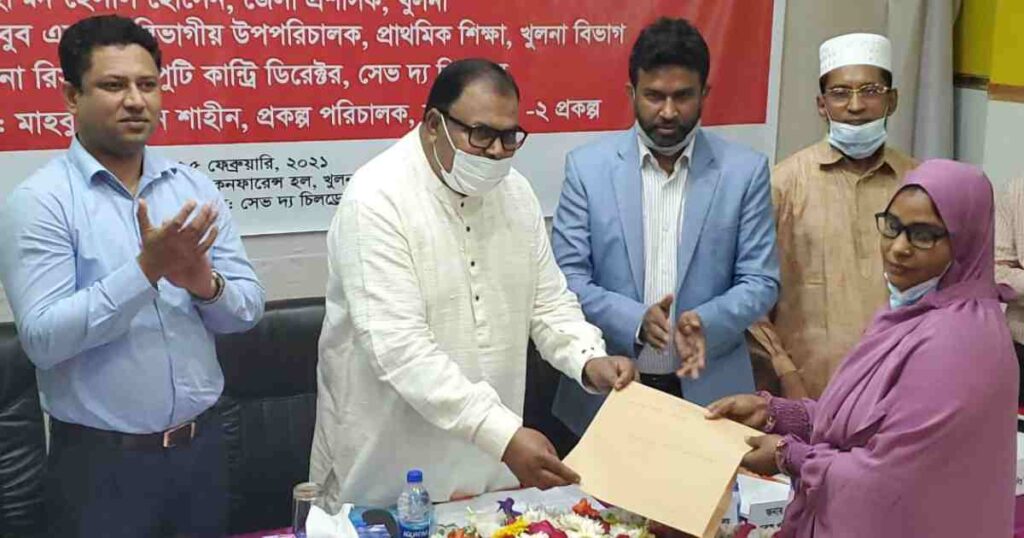Dhaka, Feb 26 (UNB): State Minister for Primary and Mass Education Zakir Hossain has said the ‘Urban Slum Children Education Programme’ set a unique example of protecting the right of children to education.“I’ll try to keep the work of this project going in consultation with the Prime Minister or I would like to make arrangements to undertake such a new project,” he said while addressing a coordination meeting as the chief guest.
The “Urban Slum Children Education Programme” design could create a second chance for children to continue formal education, said Save the Children on Friday.
The coordination meeting on “Urban Slum Children Education Programme” was held on Thursday from where recommendations came out about the prevention of children’s dropout from formal education after the reopening of schools following an improvement in the Covid-19 situation.
Urban Slum Children Education Programme is part of the ‘Reaching Out-of-School Children (ROSC) Phase-II’ project which is run by the Department of Primary Education under the Ministry of Primary and Mass Education, government of Bangladesh with the support from the World Bank.
Save the Children in Bangladesh has worked as a technical partner in the project. The project was completed in December 2020.
The coordination meeting was held at a conference hall in Khulna city on Thursday.
Through the project, Ananda School activities have been conducted in 148 upazilas at the rural level and about 690,000 children and 46,547 children in slum areas of 10 city corporations have been brought under primary education.
Arrangements have been made to provide primary education to the children aged 8-14 years in the slum areas of the city through 3 years accelerated education model which is better known as ‘Anondo School’.
On behalf of the government, the students of Anondo School have received free textbooks, school uniforms, school bags, notebooks and pens and sports materials.
As they are children of very poor families, they have also been given monthly stipend/ stipend.
They have completed the primary education cycle in a special process by following the primary school curriculum with trained and skilled teachers.




